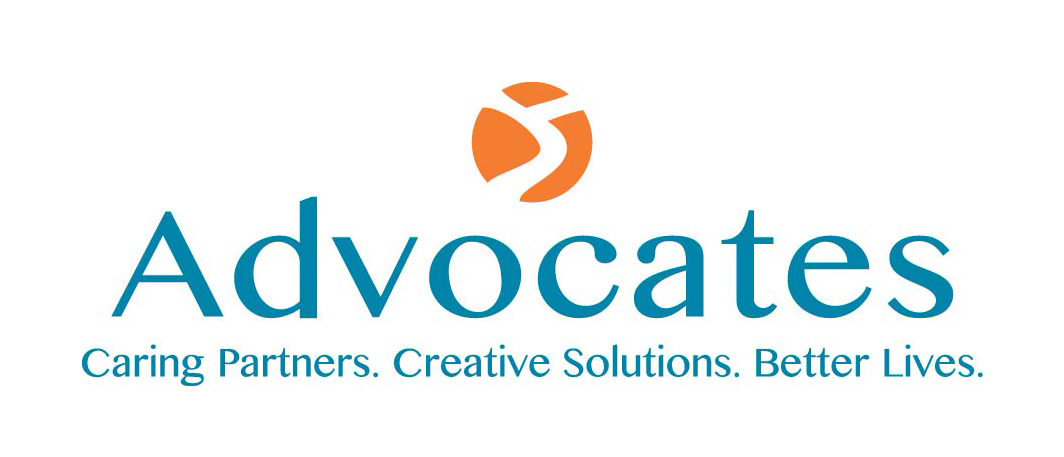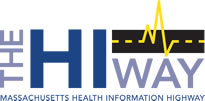 Advocates, Inc. is a behavioral health organization that serves individuals and families across the Commonwealth. Advocates provides a broad range of services for people facing a variety of life challenges, such as addiction, aging, autism, brain injury, mental health recovery, and intellectual and developmental disabilities. As part of this work, the organization provides services to children and adolescents with behavioral health challenges. To support their work, Advocates uses an electronic health record (EHR) called ACES, which is a product of PCE Systems.
Advocates, Inc. is a behavioral health organization that serves individuals and families across the Commonwealth. Advocates provides a broad range of services for people facing a variety of life challenges, such as addiction, aging, autism, brain injury, mental health recovery, and intellectual and developmental disabilities. As part of this work, the organization provides services to children and adolescents with behavioral health challenges. To support their work, Advocates uses an electronic health record (EHR) called ACES, which is a product of PCE Systems.
Like many healthcare organizations, Advocates engages in public health reporting, including submitting data to the statewide Children’s Behavioral Health Initiative (CBHI). The CBHI partners with state agencies, providers, and payers to ensure that behavioral health services meet the individual needs of children and families. As part of the initiative, organizations like Advocates are required to submit Child and Adolescent Needs and Strengths (CANS) assessments to the Department of Public Health. CANS assessment data are reported via the Virtual Gateway, a state web portal.
Challenge
In the past, in order to submit a CANS assessment, Advocates staff were required to sign in to the Virtual Gateway portal to enter the CANS assessment data and then upload a copy of the assessment into their EHR. This process was labor-intensive and time-consuming.
Many agencies across the Commonwealth have similar workflows for reporting their public health data, often requiring dual entry or multiple steps to ensure that data is both submitted properly and recorded in their EHR.
Solution
The Mass HIway recently developed an alternative pathway for public health reporting known as common Application Programming Interface (API.). This infrastructure can be used for multiple public health use cases. Healthcare organizations will be able to simply enter public health data into their EHR, and the data will then be sent to the appropriate public health agency via the API. In addition to building out the infrastructure for this new pathway, the Mass HIway engaged early adopters, such as Advocates, to develop pilot public health reporting use cases demonstrating use of the API.
With support from the Mass HIway and CBHI teams, Advocates worked with their EHR vendor, PCE Systems, to develop the means to capture their CANS data in their EHR and send it to the newly developed API endpoint on the Mass HIway.
Using this new workflow, staff can now enter CANS assessments directly into the EHR instead of signing in to the Virtual Gateway. All CANS assessment data entered into ACES is then transmitted via the API. This new workflow creates efficiencies by allowing clinicians to stay within their EHR rather than having to log into multiple systems. It also provides Advocates with a more robust EHR dataset that can be used more effectively by clinicians at the point of care and on which to perform analytics and outcomes reporting.
Because staff were already using the EHR for their everyday documentation, CANS entry was a seamless addition to their existing workflow and minimal training was needed for implementation. Staff were provided with written instructions along with screen shots that leveraged processes they were already accustomed to within ACES.
Because staff credentialing will still occur within the Virtual Gateway, one of the challenges encountered during implementation was a lack of clarity about the User ID field for the Certified Assessor (CA). Under the old workflow, Advocates staff logged into the Virtual Gateway using their username. For reports submitted to the API, this username is a required field for the report to be accepted. Therefore, the list of usernames needed to be loaded in the EHR to be included in the CANS reports sent to the API. The CBHI team was able to provide an export of the CA User ID information for this purpose.
One ongoing challenge is the inability to edit a CANS report once it has been submitted to the API. Advocates is currently exploring solutions that will allow them to submit edits to CANS reports sent to the API from their EHR.
Support from the Mass HIway
In developing the API, the goal of the Mass HIway was to enable real time, synchronous message exchange between providers and public health registries. For the Advocates use case, the Mass HIway Account Management Team provided support to Advocates and PCE Systems in creating the new workflow, sharing helpful guides, including API Instructions, an Implementation Guide, and a Test Plan. The team also facilitated the development and testing of the connectivity and message flow through the API between PCE Systems, Advocates, and the CBHI team, through remote meetings and correspondence.
Impact
Through this project, Advocates staff are now able to submit one entry for multiple purposes. The time this saves will enable staff and management to concentrate their efforts on serving individuals and families. As Lauren Mazzola, Senior Clinic Director, said, “The integration with our EHR and CANS has allowed us to streamline workflows. This creates more time for patient care.”
Moving forward…
The Mass HIway will continue its work supporting the migration to API interfaces for public health reporting. API nodes exist for Syndromic Surveillance (SS), the Mass Cancer Registry (MCR), Children’s Behavioral Health Initiative (CBHI), Massachusetts Immunization Information System (MIIS), Electronic Lab Reporting (ELR) and Intake, Enrollment, Assessment and Transfer Service System for BSAS (IEATS/OTP). All of the above nodes use OAuth 2.0 as the security mechanism to connect to the API, which is a prerequisite for Fast Healthcare Interoperability Resources (FHIR) data exchange.
Advocates will continue their work supporting children and adolescents with behavioral health challenges, as well as their families. The new, streamlined workflow for submitting CANS assessments will enable them to devote more time to this vitally important work.
